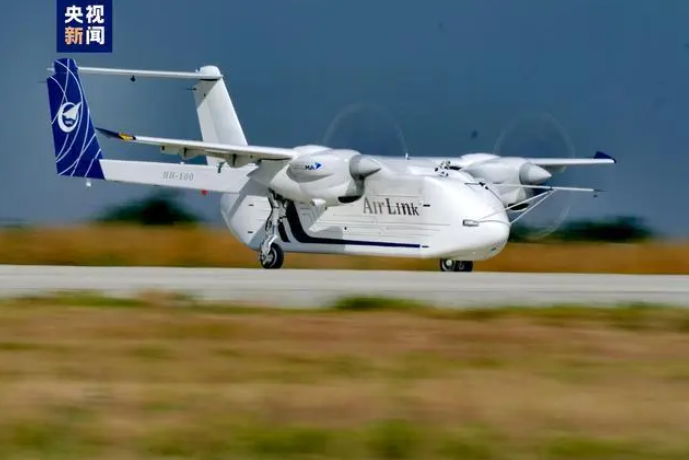
An HH-100 commercial unmanned cargo plane. (Photo/CCTV News)
The HH-100, a new large cargo drone built by Aviation Industry Corp of China, the country's leading aircraft manufacturer, made its maiden flight on Wednesday, AVIC said in a news release.
An HH-100 prototype took off from Lantian General Aviation Airport in Xi'an, capital of Shaanxi province, at 9:16 am and stayed in the air for nine minutes before landing at the airport, the State-owned conglomerate said.
During the flight test, the equipment on the aircraft worked normally. The drone was in good condition and completed all planned maneuvers, it said.
The HH-100 is a type of commercial unmanned cargo plane developed by AVIC Xi'an Aircraft Industry. It is the latest freight drone model to have emerged as a result of the nation's flourishing express delivery industry and the government's efforts to make full use of China's low-altitude airspace.
With a maximum takeoff weight of 2 metric tons, an HH-100 will be able to fly 520 kilometers with a payload of 700 kilograms, and even farther with lighter payloads.
The twin-engine model has been designed with a maximum cruising speed of 300 km per hour and a ceiling altitude of 5,000 meters. It has an inner space of 4 cubic meters available for cargo.
Dong Jianhong, the HH-100's chief designer, said the drone features many advantages such as low costs in procurement, operations and maintenance, as well as a high payload capacity. All of its components are domestically made, he said.
The HH-100 will be capable of serving a wide range of businesses, including short-range cargo transportation, fire monitoring and suppression, delivery of emergency supplies, communication signal relay and cloud seeding, Dong said.
Wang Yanan, chief editor of Aerospace Knowledge magazine, said that compared with piloted transport planes, unmanned drones are more economical — their average cost is about 10 percent lower than that of manned cargo aircraft with the same carrying capacity.
Meanwhile, labor costs are lower because ground operators can simultaneously control multiple drones, Wang said.
Drones can operate in tough environments or at airports in poor conditions. They can undertake multiple flights in a single day and can be used on short notice, he said.
In addition to the HH-100, AVIC has designed and tested several other cargo drone models.
The largest of them, the TP2000, will be able to carry up to 2 tons of cargo and will have a flight radius of 2,000 km. It is expected to conduct its maiden flight next year.
Industry observers say drones are expected to see further development as China relaxes its control over low-altitude airspace and its online shopping industry continues to flourish.








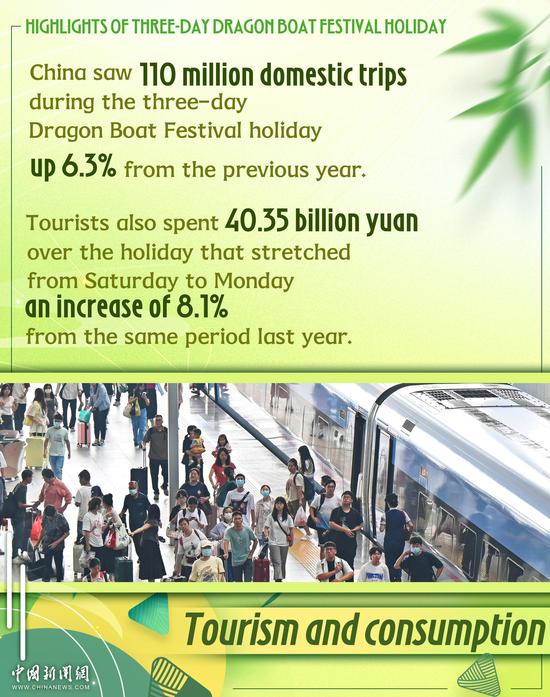


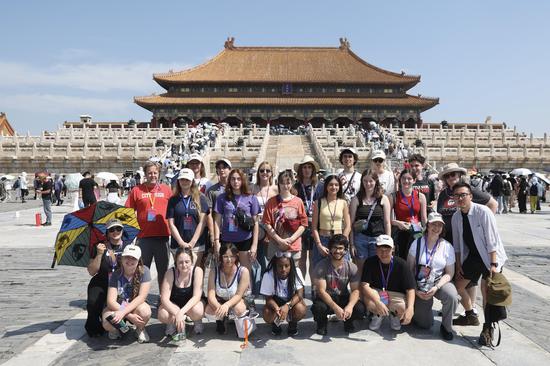




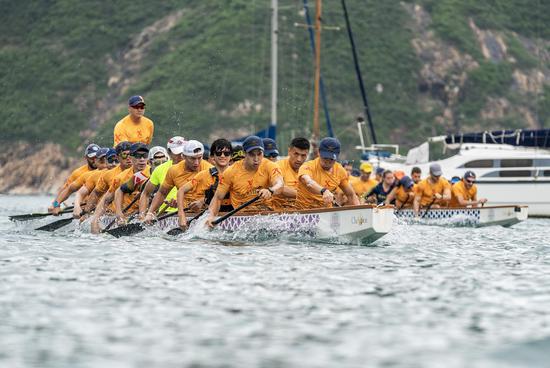

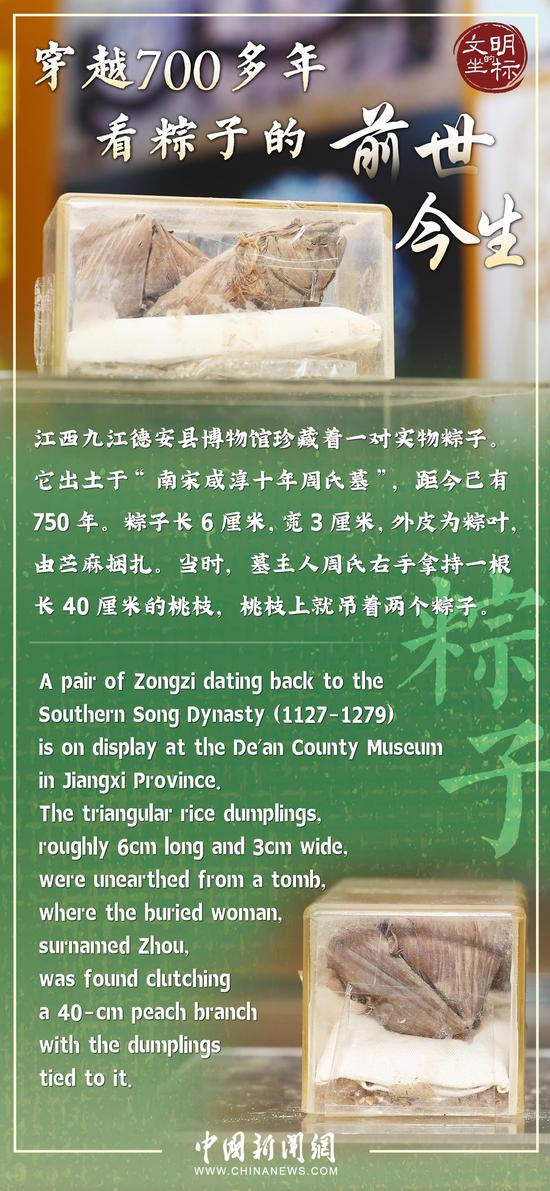


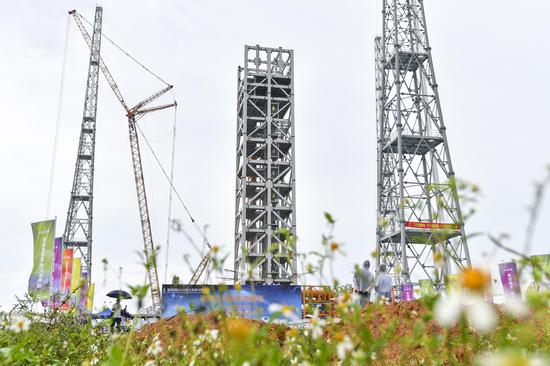


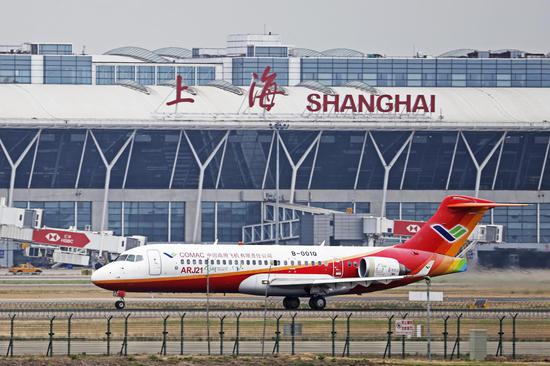


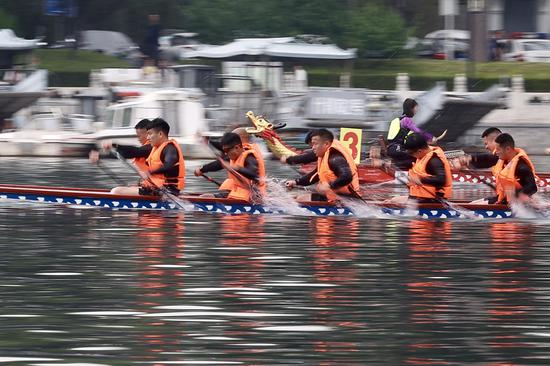




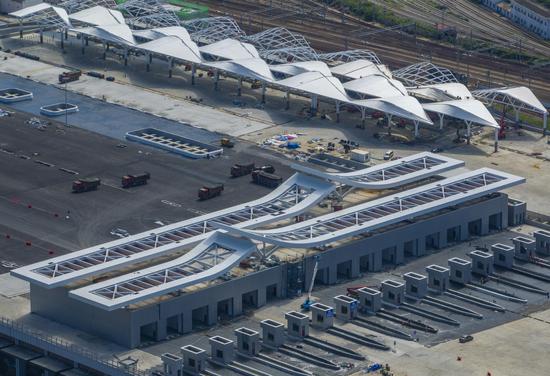

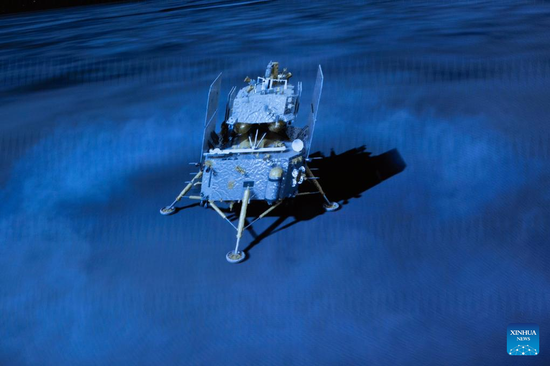
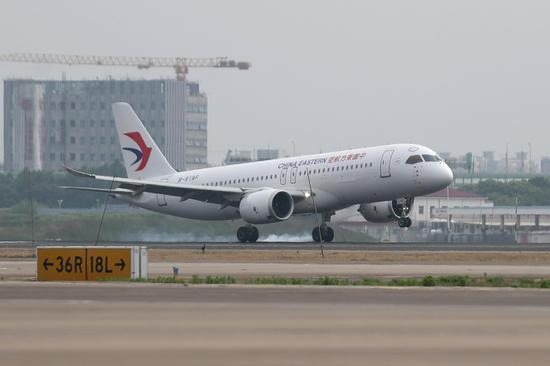

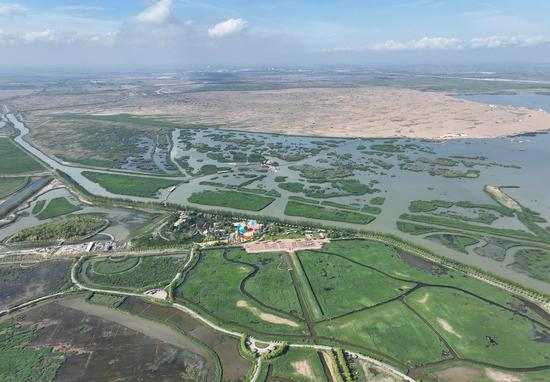
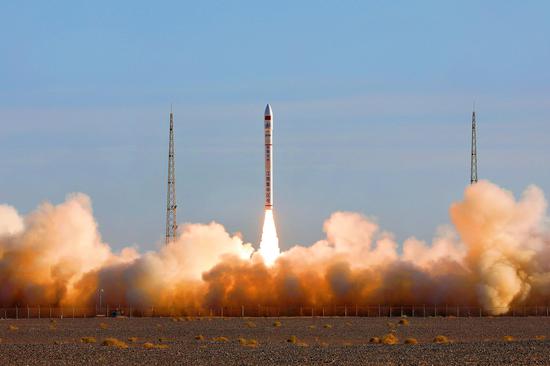
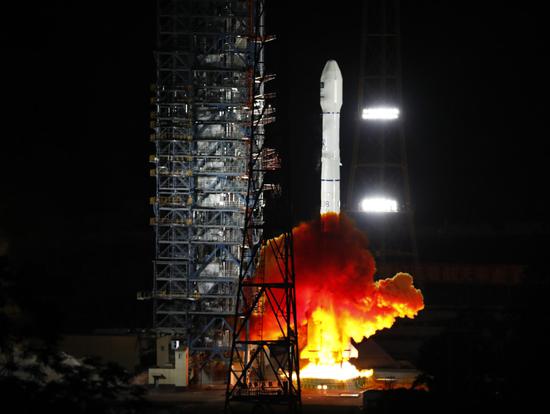



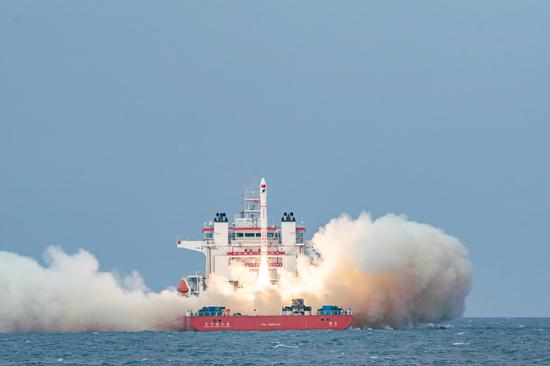
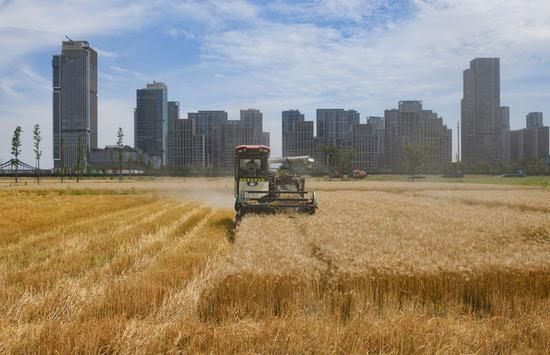





 京公网安备 11010202009201号
京公网安备 11010202009201号